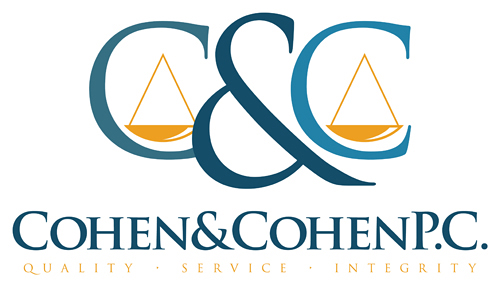When individuals file for bankruptcy under Chapter 13, they often seek ways to restructure their finances, including selling assets to pay creditors. However, a recent ruling from the United States Bankruptcy Court for the Eastern District of North Carolina has reinforced an important limitation: a Chapter 13 debtor cannot force the sale of jointly owned property under 11 U.S.C. § 363(h).
The Case of Sliwinski: A Dispute Over Property Rights
In In re Sliwinski (24-00802-5-PWM; E.D. North Carolina), the debtor, Stephen J. Sliwinski, sought to sell real estate he co-owned with his estranged spouse, Julie Anne Sliwinski and filed an adversary proceeding to do so. He argued that the court should allow the sale under Section 363(h) of the Bankruptcy Code, which permits the sale of co-owned property in certain circumstances. The debtor intended on using his portion of the value of the home to pay creditors under his chapter 13 plan. However, his spouse objected and moved to dismiss the case, arguing that a Chapter 13 debtor does not have the legal authority to invoke this section—only a bankruptcy trustee does.
The Court’s Decision: No Standing for Chapter 13 Debtors Under § 363(h)
The bankruptcy court ultimately granted Ms. Sliwinski’s motion to dismiss, ruling that:
- Only a trustee can initiate a sale under § 363(h). The law does not grant Chapter 13 debtors this power, and the debtor cannot assume the trustee’s role.
- Chapter 13 debtors have limited sale rights. Under 11 U.S.C. § 1303, a debtor has the power to use, sell, or lease property under certain subsections of § 363—but § 363(h) is not one of them.
- Disputed factual issues matter. Even if the debtor had standing, the court noted that deciding whether a sale is appropriate under § 363(h)(3) requires assessing the detriment to the non-debtor co-owner, which was clearly disputed in this case.
Why This Decision Matters
This ruling reinforces the distinction between a debtor’s rights and a trustee’s powers in bankruptcy proceedings. It also serves as a cautionary tale for those who assume they can force the sale of co-owned property without a trustee’s involvement.
What Are the Alternatives for Chapter 13 Debtors?
If a Chapter 13 debtor wants to sell jointly owned property, they should consider:
- Negotiating with the co-owner to voluntarily agree to a sale.
- Using state partition laws to pursue a sale outside of bankruptcy.
- In this case, continue on with the divorce process. In reality, it is almost a certainty that something was going on in the divorce forcing the debtor to try to sell via a bankruptcy rather than wait out the domestic.
Conclusion
The judge dismissed the debtor’s adversary proceeding holding that “a chapter 13 debtor lacks standing to compel a sale under §363(h) of the Bankruptcy Code.” Moreover this case also illustrates problems with funding a chapter 13 plan based on the sale of assets. This is always tricky. Particularly as demonstrated here where Mrs. Silwinski argued that the harm of selling the house of her and the minor children would outweighed the benefit to the estate. If you’re considering filing for Chapter 13 and own property with a spouse or other co-owner, it’s crucial to understand your legal options before making decisions about asset sales.

